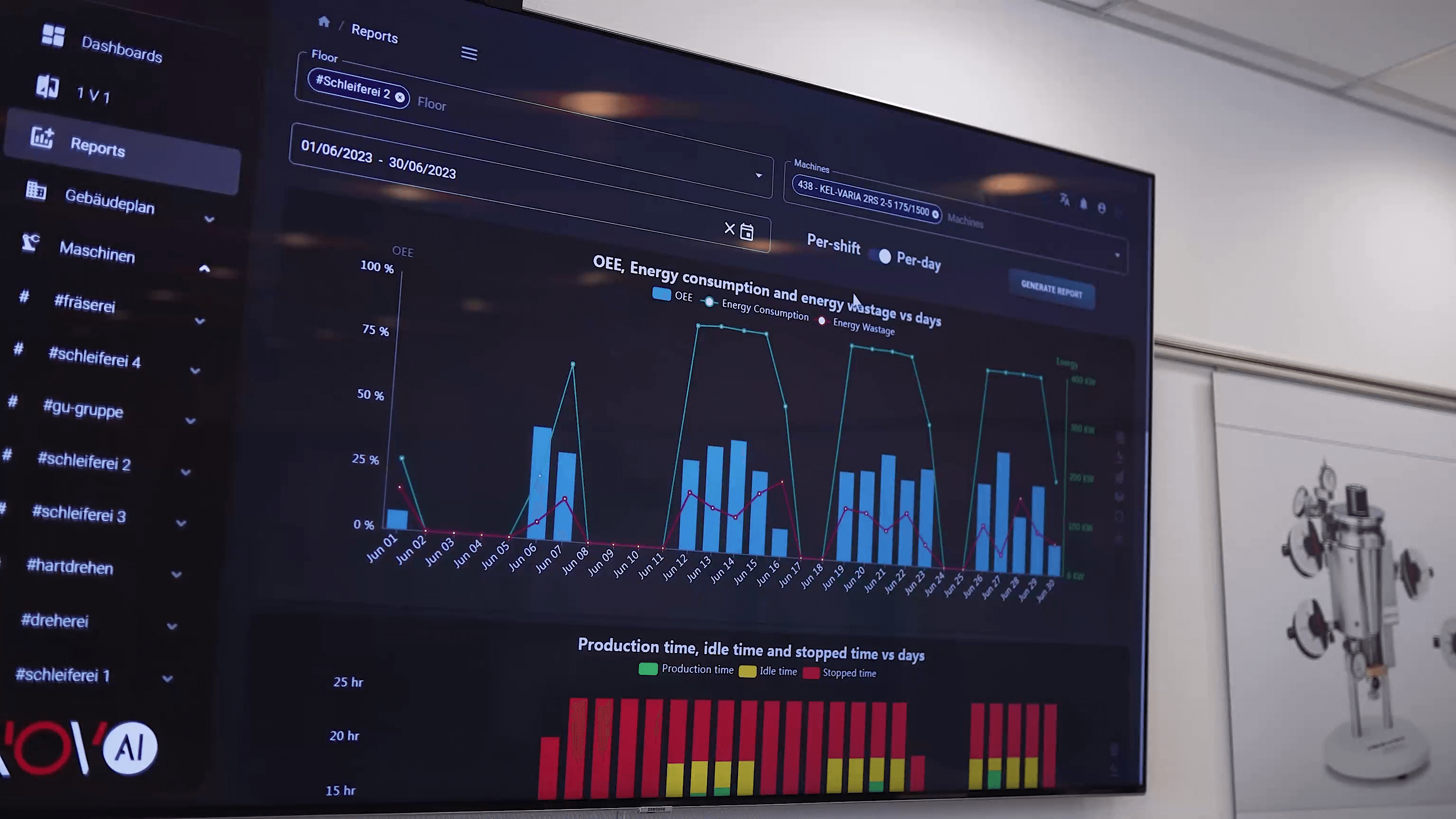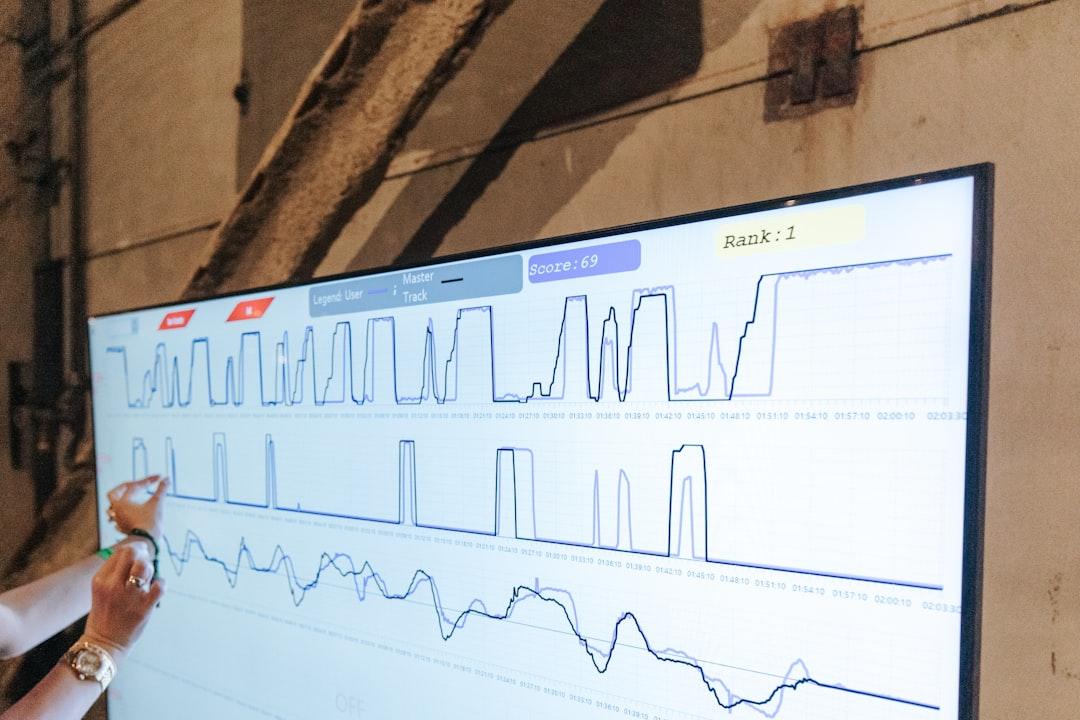Andrew Yan-Tak Ng, the director of the Stanford Artificial Intelligence Laboratory. He believes that there are enormous benefits of AI. He launched a new course “AI for Everyone.”This is a non-technical course designed to help people understand AI’s impact on society and its benefits for companies.
The collision of the “physical world” (represented by manufacturing equipment) and the “digital world” (represented by technologies like AI, data, and sensors) has generated an enormous transformation within the manufacturing industry. The intermingling of the two worlds will inject new momentum into a subsequent round of economic development. New technologies (AI) are having an enormous impact on the assembly process, production mode, and chain system of the manufacturing industry. According to calculations by Accenture, the world’s largest management consulting company, by 2035, the application of artificial intelligence technology will increase the gross value of manufacturing (GVA) by nearly US$4 trillion, an annual growth rate of 4.4%.
Top 4 aspects of manufacturing that Artificial Intelligence can influence:
1. Automatic Visual Inspection System: many segments of the manufacturing industry use the visual inspection as a form of quality assurance and in some cases quality control. The power of AI equipment to visually inspect samples is rapidly improving, which allows the creation of an automatic visual inspection system. AI can compare products and photos and choose whether to pass the inspection. Machine vision can be used in the manufacturing industry for accurate quality analysis. It improves the ability to understand images through a highly sensitive camera. Developers can use machine vision tools to find microscopic defects in products such as circuit boards at resolutions beyond the range of human vision. They can train these tools using machine learning algorithms on a very small number of sample images. With today’s technological advancement, machine vision can save up to 80% of the inspection time compared to human vision inspection (based on INDAAQ UG Projects).
2. Optimization of the Assembly Process: AI sets parameters for several machines utilized in manufacturing by adjusting and improving the parameters within the production process. During the assembly process, the machine must set many parameters. For instance, in injection molding, it is going to be necessary to monitor and regulate the temperature, cooling schedule, speed, etc. of a plastic. Various external factors (such as outside temperature) could influence all these parameters. By collecting all necessary data, AI can improve the automated settings and adjustment of machine parameters.
3. Improve the planning and manufacturing efficiency: within the manufacturing process of products. Manufacturing new products is an iterative, repetitive process, filled with fine-tuning, both within the design and production process. AI is going to be ready to significantly shorten this process and improve the efficiency of the manufacturing industry.
4. Determine the source of product quality problems: The manufacturing process of many products involves a series of steps. Therefore, if the ultimate product fails the inspection, it is sometimes difficult to work out the source of the failure. AI, data science, and data analysis will help automatically identify problematic steps in production.
AI can provide manufacturing companies with solutions like visual inspection, automated control, intelligent calibration, and root cause analysis. Additionally, fields like adaptive manufacturing, automatic internal control, preventive maintenance, and unmanned driving within the manufacturing industry can apply AI. The application of AI may be a perfect fit for the manufacturing sector. There are already significant benefits from Artificial Intelligence.AI is going to change the way we manufacture products and process materials forever, from the planning process and production floor to the availability chain and administration. As the gap between AI users and non-users continues to widen, there are advantages for first-movers or implementers of this technology wave. Companies that fail to change in time will have a hard time coping with tremendous changes in the business environment. Just like Thomas Ulbrich, the Volkswagen brand’s board member for electromobility admitted a year ago that Tesla has 10 years more experience in electric cars hardware and software manufacturing, many companies will have to admit that they don’t have competitive advantages against their more digitalized competitors.
According to a study by Accenture, artificial intelligence can increase productivity by 40% or more. Through data collection, automation, decision-making, and cybersecurity. Also, AI can boost profitability by an average of 38%. From Data collection, AI can give companies a prediction of future opportunities and recommendations on how to act. Not only is it offering predictive data, but also prescriptive information for companies to act on. Businesses should look at all the ways artificial intelligence can help them to get ahead or, at least, avoid being left behind.
Contact us for more information.
Image by rawpixel.com on Freepik



